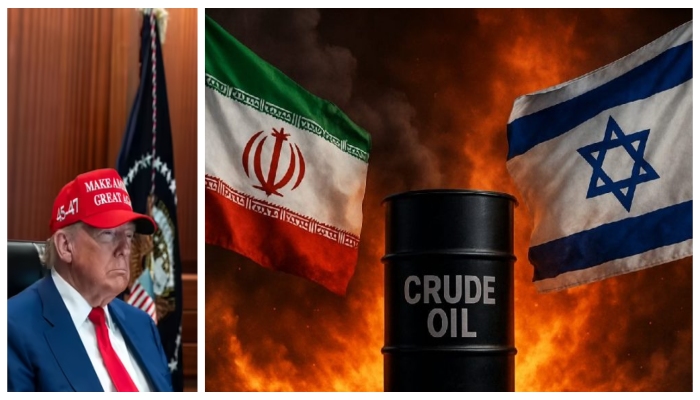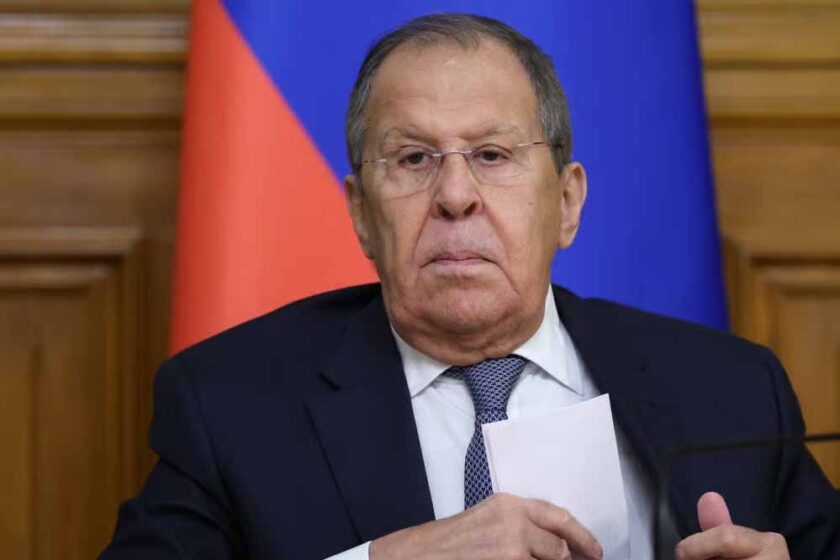New Delhi: The ongoing war between Iran and Israel, now in its ninth day, took a serious turn after the United States launched deadly strikes on Iran’s nuclear facilities. This intervention has significantly escalated tensions in the Middle East and raised fears of a severe global oil supply disruption, potentially pushing petrol and diesel prices higher worldwide, including in India.
Strait of Hormuz Closure Looms
Iran had earlier warned that if the war intensified or the U.S. entered the conflict, it could consider shutting down the Strait of Hormuz — a key strategic waterway through which over 20% of the world’s oil is transported. With American airstrikes now confirmed, there is a growing likelihood that Iran might move forward with this threat, severely impacting global oil shipments.
Brent Crude Prices Set to Soar
Oil prices have already seen a 20% surge this month, with Brent crude futures closing around $77 per barrel in the last trading session. Now, with the U.S. officially intervening in the Middle East conflict, experts anticipate another sharp spike in crude oil prices, with the possibility of prices breaching the $100 mark if the situation worsens.
Global Oil Supply Chain Under Pressure
The Middle East accounts for a major portion of global oil supply, particularly from Saudi Arabia, Iraq, Kuwait, and the UAE. A full-blown regional war or any blockade at the Strait of Hormuz could disrupt exports, increasing prices globally. Adding to the concerns, Yemeni Houthi rebels have threatened to resume attacks on oil tankers if the U.S. continues its strikes on Iran, which could further strain maritime oil transport.
What It Means for India
India imports about 85% of its crude oil, and a price surge could significantly inflate the oil import bill, leading to a ripple effect on inflation and economic growth. A weakened rupee against the U.S. dollar could worsen the impact by making imports costlier, further fuelling domestic price pressures and hurting fiscal stability.

Iran’s Oil Output and Global Relevance
According to MK Global’s latest report, Iran produces nearly 3.3 million barrels of oil per day (mbpd) and exports around 1.5 mbpd, with China accounting for 80% of those imports. Iran is also strategically located on the northern coast of the Strait of Hormuz, which handles more than 20 mbpd of global crude oil trade. Any disruption here would affect not just Iran, but also Saudi Arabia, the UAE, and other oil-producing nations that rely on this route for shipments.
In a Nutshell
The entry of the United States into the Iran-Israel war has pushed the global oil market into a state of high alert. If Iran carries out its threat to close the Strait of Hormuz, the world may witness a new energy crisis, impacting economies far and wide — especially energy-importing nations like India.
As the situation unfolds, all eyes are on diplomatic efforts to de-escalate tensions. Until then, oil prices remain volatile, and the threat of inflation and economic slowdown looms large over developing nations.









